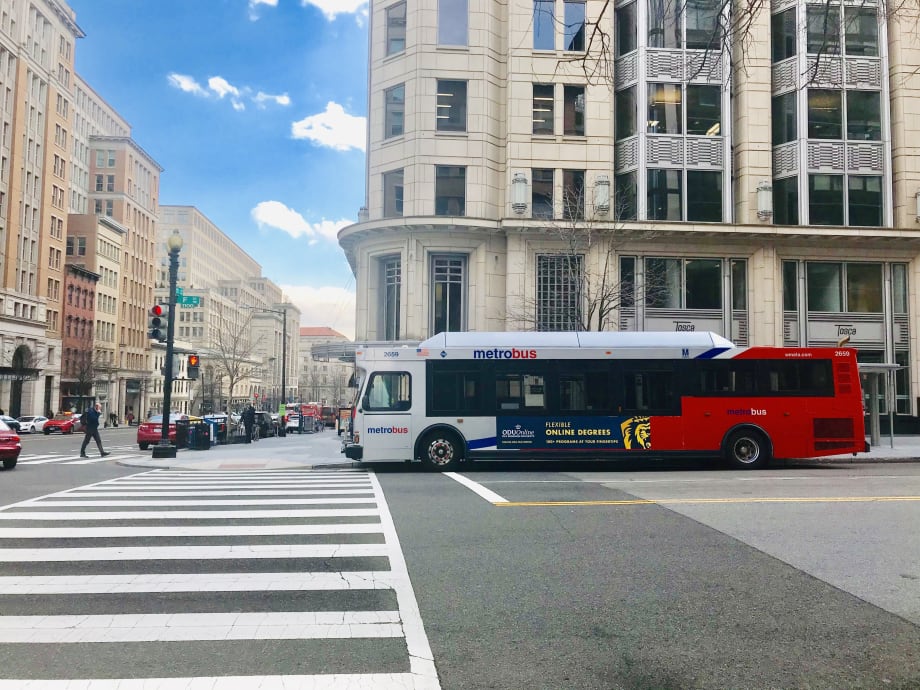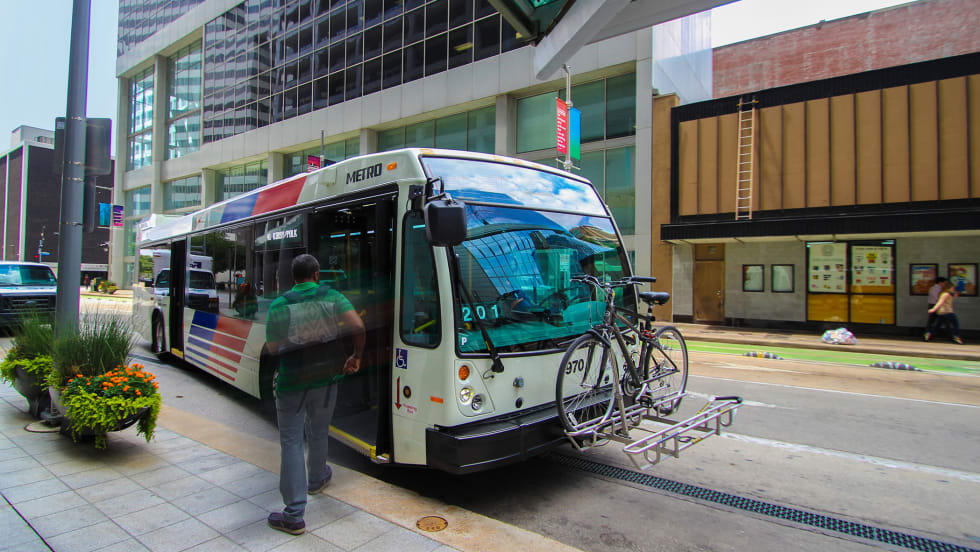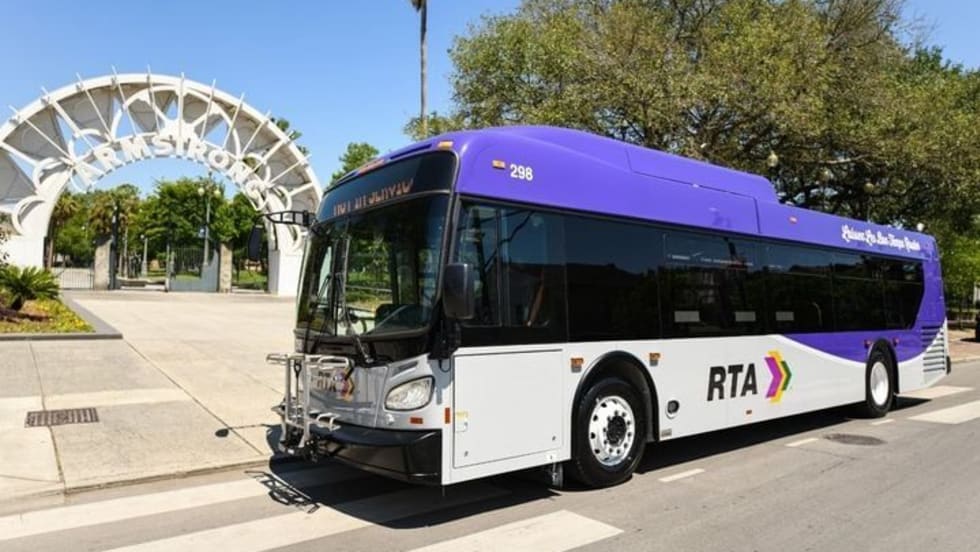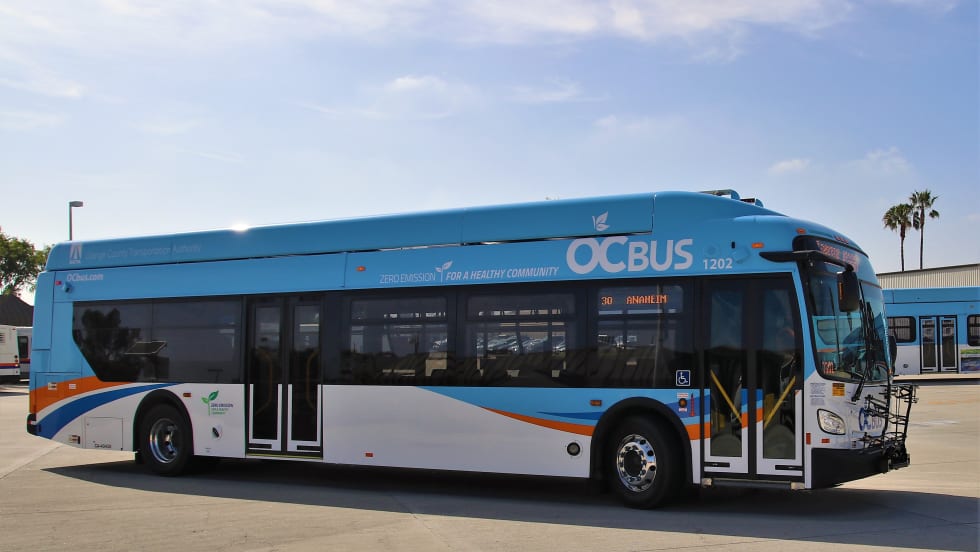The American Public Transportation Association (APTA) hosted a virtual press conference addressing the public transportation industry’s urgent need for additional emergency funding as agencies around the nation continue to face extraordinary direct costs and revenue losses because of the coronavirus pandemic.
APTA is urging Congress to invest at least $32 billion in additional emergency funding to keep systems running safely and to protect the jobs of more than 435,000 industry workers, who make it possible to service the millions of private-sector and essential workers that depend on public transit every day.
“As Congress begins the negotiations on the next emergency funding bill, we implore legislators to include public transit funding so that we can continue to be a lifeline for our essential workers and help our communities rebuild their economies in the wake of the pandemic,” said APTA President/CEO Paul P. Skoutelas. “It is imperative that agencies receive federal support so that they can survive and help our nation recover from the economic fallout of the coronavirus crisis.”
Skoutelas, and APTA Chair Nuria Fernandez, were joined by several CEOs around the nation who discussed how their services were being impacted, as well as just how vital additional emergency funding is.
"There is no question that public transit has been and will continue to be an essential service, but it’s also a cornerstone of a city’s and region’s ability to pursue a strong economic recovery,” said Chicago Transit Authority President Dorval R. Carter Jr., who explained that the agency is losing about $1 million a day in farebox revenues. “As customers return to transit, our goal is to provide a level of continuity and predictability to support our city’s recovery, and federal funding is absolutely essential to reaching that goal.”
“Unfortunately, the CARES Act funds to Metro will dry up later this year, at the same time that fare revenues are down 90% and our state and local funders face a financial crisis of their own,” added Paul Wiedefeld, GM/CEO of the Washington Metropolitan Area Transit Authority. “Our concern is how are we going to provide the essential service to support restarting the economy, and meet payroll? We need federal assistance. The harsh reality is without additional federal funds, we are left with the difficult choices that run counter to the economic recovery we all want to see.”













